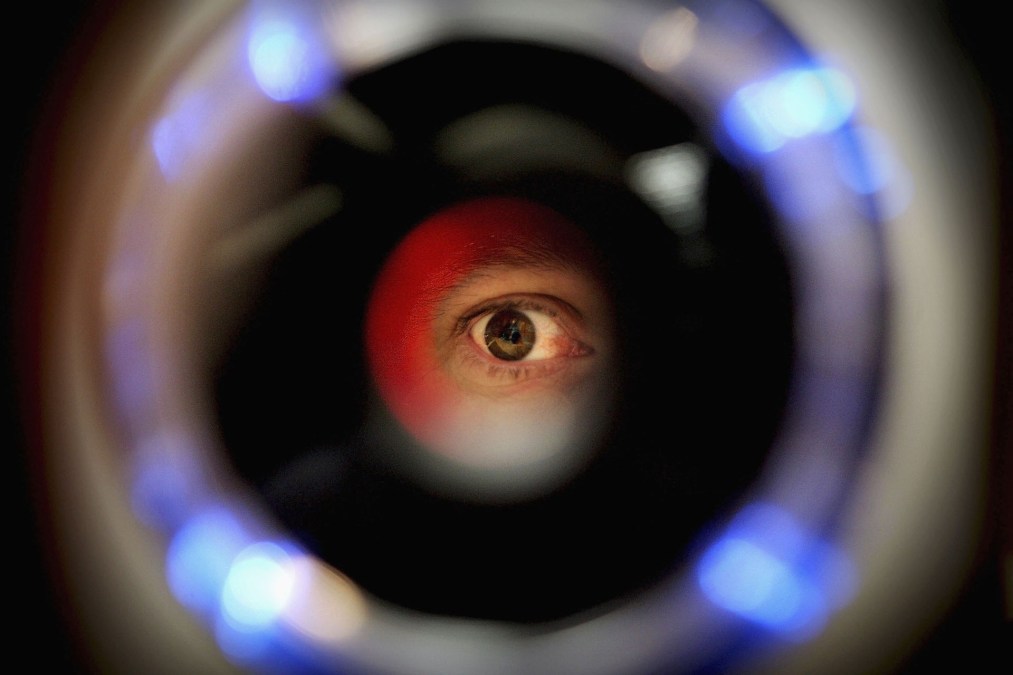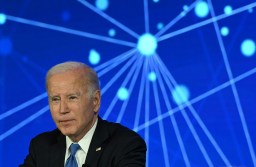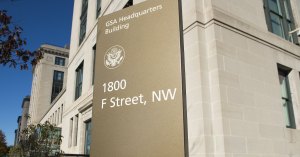GSA administrator reaffirms decision to stay away from facial recognition, at least for now

The head of the General Services Administration re-affirmed Tuesday the stance of senior tech leaders at her agency who said they aren’t yet ready to introduce facial recognition as a method for identity verification for federal services — but they may be one day.
Robin Carnahan said during an interview for FedScoop’s IT Mod Talks that the federal government must do a better job with its identity verification to make sure people who need services can get them and others who don’t can’t obtain them fraudulently, which has been a major issue with pandemic relief benefits.
“If we have an identity verification service, it makes sure that people who we want to provide services to get those fast,” Carnahan said when asked about Login.gov, GSA’s governmentwide secure identity verification platform. “And it also prevents fraudsters from scamming the system. Both problems we saw over and over again throughout the pandemic where people who legitimately qualified for a service weren’t able to get it and had long backlogs and people who should not have gotten it did because they were able to scam the system. And identity verification was sort of a core to each of those things.”
But as the government looks to solve these issues, it must do so in a smart way that “maintains and upholds our basic principles” with security, privacy and equity as core values, Carnahan said. And facial recognition in its current form fails to hit the bar that the GSA has set for the technology it fields, develops and uses on behalf of the American public.
“One of the things that was pretty clear as the team was looking at all of those issues have to be balanced is that facial recognition technology, while it’s great to automate as much as you can, if it’s not equitable in the way it treats people, then we shouldn’t be using it in government,” the GSA administrator said.
So GSA has decided that it will not use facial recognition for Login.gov until more research is done. Carnahan’s statement on facial recognition tracks with what GSA Technology Transformation Services head Dave Zvenyach told FedScoop last month.
Other agencies across government are also wrestling with the issue. The IRS had been using facial recognition services through third-party vendor ID.me but announced last month that it would transition away from using the service for verifying new online accounts after the company disclosed it lied about relying on 1:many facial recognition — a system proven to pose greater risks of inaccuracy and racial bias.
Many privacy advocates and civil liberties groups have been critical of facial recognition companies’ tendency to build systems that are inaccurate, contain biases against minorities and invade people’s privacy. This is something that the National Institute of Standards and Technology has confirmed and that lawmakers have taken to heart, working to prevent federal agencies from using the technology until they find a more ethical way to move forward with its use.
“That’s not to say that over time, that won’t get better and that we can’t move to that,” Carnahan said of using facial recognition. “But at the moment, the team was not confident that this could be deployed in a way that was fair to everyone and provided equitable access. So we decided not to do that.”




